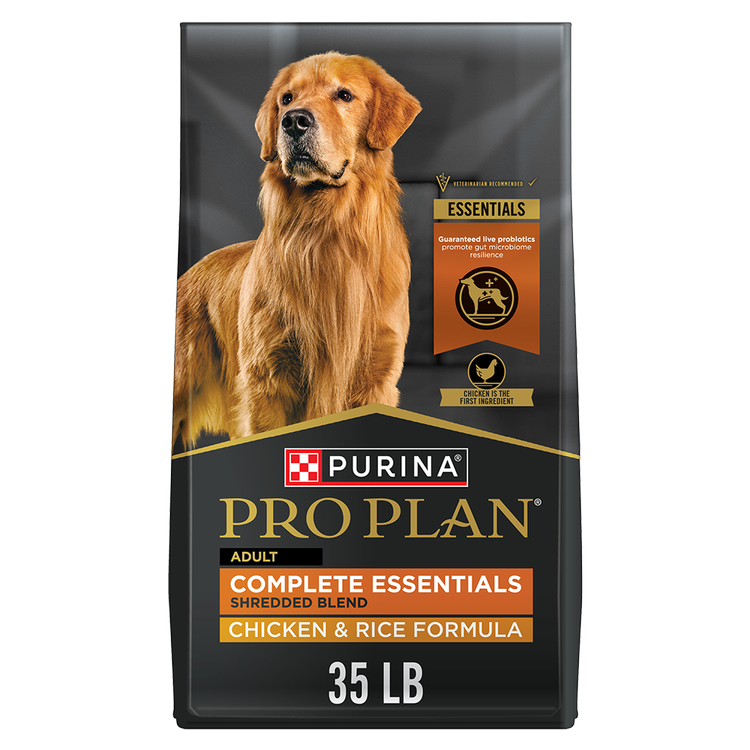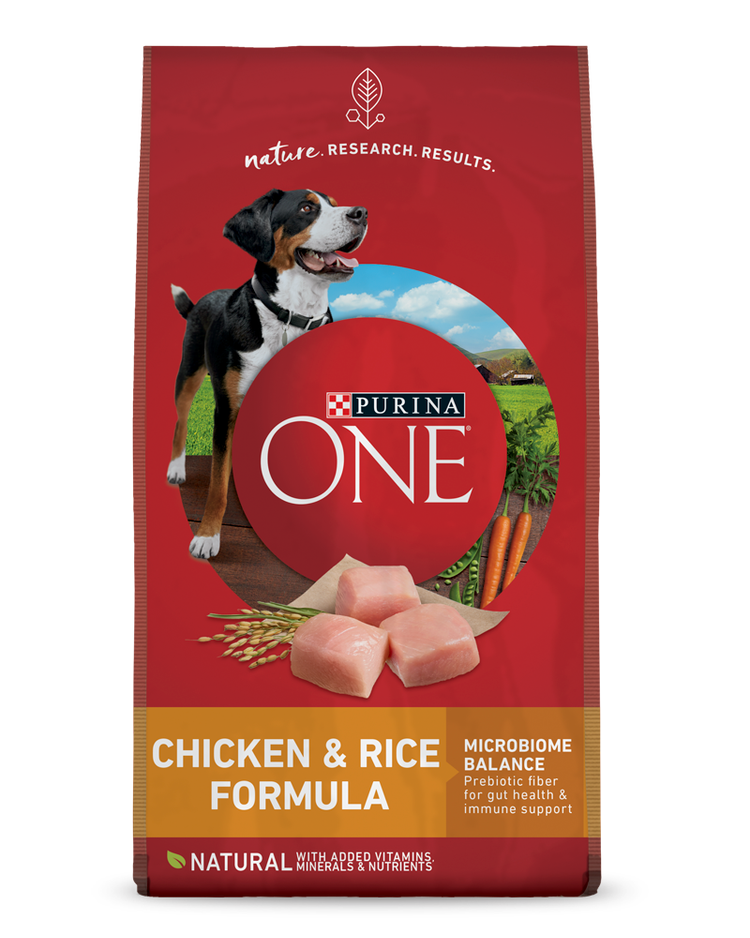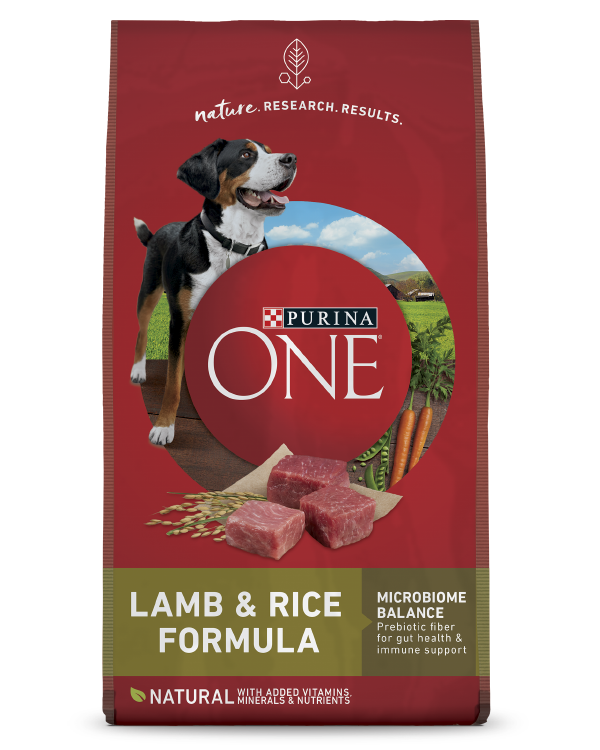Can Dogs Eat Fruits? A Guide to Safety


In most cases, it’s safe to give a dog a small amount of fruit, but there are some exceptions. Many fruits like apples and oranges are tasty treats for dogs and may have some great health benefits.
Be aware, however, that fruits like avocadoes and grapes have toxins that are harmful to dogs. Doing a little research is always a good idea. So, if you’re wondering, Can dogs eat fruit? here are some common fruits you can give your dog and a few to avoid.
The 90/10 Rule
Before giving your dog anything outside of their regular daily meals, keep portion size in mind. Whether it’s a dog treat, fruits, berries or anything else that’s safe to feed them, do so in moderation. Treats of any kind should account for no more than 10 percent of your dog’s daily caloric intake. The remaining 90 percent should come from their regular food. This will help to prevent overfeeding and potential health problems.
Safe Fruits to Feed Your Dog
If you bring your canine friend to a picnic or barbecue during the summer months, there are several fruits you can share with them. As with berries, it’s essential to know which fruits a dog can eat and which ones to keep out of reach.
Apples
Feeding your dog apples is not only a tasty treat for them; they’re also a source of a small number of beneficial nutrients. Apples contain fiber, carbohydrates and vitamins A and C. Apples offer an antioxidant boost that may help promote cellular and immune health.
Can dogs eat apples? They sure can. Whether they’re honey crisp, red delicious, McIntosh or any other type of apple, most dogs will love getting a bit of apple from their human friend.
Take note that you should make sure the apple seeds have been removed from any apple pieces you give to a dog. Apple seeds can cause digestive issues and contain a small amount of the toxin cyanide, which could potentially cause harm.
Oranges
Another great healthy fruit snack for dogs is oranges. If you remove the seeds and the rind, most dogs will love the juicy flesh of the orange. There’s a significant upside to this citrus fruit with high amounts of vitamin C, fiber and potassium. In addition, eating oranges can promote your dog’s immune health, digestive health and heart and muscle health.
Peaches
Sweet and juicy peaches, whether they’re fresh or frozen, are likely to make any dog excited. Pet owners should get excited, too, because peaches have vitamins A and C and are high in fiber. These nutrients and antioxidants bode well for dog health.
Be advised, however, that this sweet summer fruit has unusually high sugar content. Coupled with its high fiber content, this can lead to digestive problems in the short term. Long term, more serious issues like diabetes can arise if your dog gets too much sugar regularly. Therefore, feeding a dog a small amount of peaches every once in a while, is the best approach.
Another thing to look out for are peach pits, which are a choking hazard for dogs and can also cause bowel obstruction if ingested. Peach pits, like apple seeds, also contain small amounts of a toxin known as cyanide. Though there may not be enough cyanide in a peach pit to harm your dog, it’s just one more reason to make sure you’ve removed the pit and cut the peach into bite-sized pieces.
Bananas
Can dogs eat bananas? Yes. If your dog runs up to you the moment you start peeling a banana, consider giving them a piece for being so good. Bananas are a sweet treat dogs get excited over.
They’re also low-calorie compared to other fruits. Unfortunately, dogs don’t get all the health benefits that humans get from bananas. They still may benefit from their potassium content, though. Bananas may also help support healthy digestion for dogs experiencing mild stomach upset.
Fruits That Are Bad for Dogs
Many fruits are healthy and harmless to dogs in moderation. You should watch out for certain fruits known to pose health risks to canines, though.
Cherries
Although generally safe, the risks of feeding your dog cherries far outweigh the benefits. This is due to the presence of a toxin known as cyanide within cherry pits and stems. A single cherry pit or stem is not likely to be enough to cause cyanide poisoning in your dog. Even so, with so many healthier options out there, it's probably not worth the risk.
Tomatoes
It’s okay for a dog to eat the ripened fruit of the tomato, but the green parts of the plant are bad for dogs. This is because they contain solanine. This toxic substance can cause breathing difficulty, upset stomach and heart problems. Because of this toxin, tomatoes are not worth the risk.
Avocadoes
Whether it’s guacamole or avocado toast, we human beings love the taste of avocados, but they’re not suitable for dogs. Avocado skin leaves and pits all contain a toxin known as persin. Persin, even in small amounts, can cause vomiting and diarrhea in dogs.
Grapes
You should absolutely not feed your dog grapes. Both grapes and raisins (which are dried grapes) are bad for dogs. Grapes can cause severe reactions like kidney failure that can be fatal. While the source of the toxicity that makes grapes dangerous for dogs is unknown, it’s best not to feed them to a dog.
5 Tips for Serving Fruits to Dogs
Before serving fruits and berries to your dog, you need to follow a few simple steps:
- Thoroughly wash and clean the fruit first
- Peel the skin away when necessary
- Remove seeds and pits
- Cut large fruits or into small, bite-sized bits, puree or mash
- If your dog seems hesitant, try serving as frozen treats
Discover more foods to feed your dog and others you shouldn’t by visiting our Pet Expertise page for information from our pet experts.

Find Your Pet’s Perfect Food
Use our Pet Food Finder to get a custom recommendation from Purina Nutritionists.






